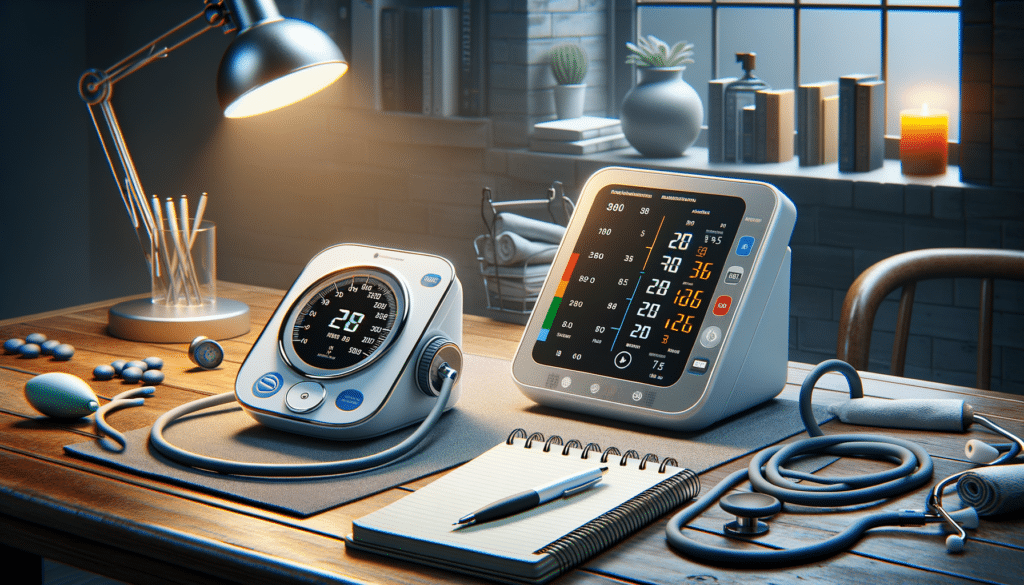Home Blood Pressure Monitoring: Why It’s Essential
Home blood pressure monitoring has become a crucial component of modern health management. The ability to track blood pressure in the comfort of one’s home allows individuals to maintain a more consistent record of their cardiovascular health. This practice is not only beneficial for those with diagnosed hypertension but also for individuals looking to prevent potential health issues.
Regular monitoring at home helps in identifying patterns and triggers that may affect blood pressure levels. For instance, stress, diet, and physical activity are known factors that can influence readings. By keeping a daily log, individuals can provide their healthcare providers with valuable data that can lead to more personalized treatment plans.
Moreover, home monitoring can help reduce the “white-coat syndrome,” where patients exhibit elevated blood pressure levels in a clinical setting but not in their daily environment. This phenomenon can lead to misdiagnosis if not properly accounted for, making home data an essential part of accurate health assessment.
Overall, the convenience and accessibility of home blood pressure monitors empower individuals to take charge of their health, offering peace of mind and a proactive approach to managing their well-being.
Digital vs Manual BP Monitors: Choosing the Right Fit
When it comes to selecting a blood pressure monitor, individuals often face the choice between digital and manual devices. Each type has its own set of advantages and considerations that cater to different needs and preferences.
Digital blood pressure monitors are renowned for their ease of use and convenience. They typically come with features such as automatic inflation, digital displays, and memory storage for previous readings. These monitors are particularly suitable for individuals who require frequent monitoring or those who prefer a straightforward operation without the need for additional skills.
On the other hand, manual blood pressure monitors, often used in clinical settings, require more skill and practice. They involve a cuff, a stethoscope, and a gauge, and are known for their accuracy when used correctly. Healthcare professionals or individuals with training may prefer manual monitors for their precision and reliability.
Ultimately, the choice between digital and manual monitors depends on the user’s comfort level and specific needs. While digital monitors offer convenience and ease, manual monitors provide a level of control and precision that some users may find essential. Evaluating personal health monitoring goals and consulting with a healthcare provider can guide individuals in making the best choice for their situation.
Smart Blood Pressure Machines: The Future of Health Monitoring
The advent of smart technology has revolutionized the way we approach health monitoring, and blood pressure machines are no exception. Smart blood pressure monitors integrate with smartphones and other devices to provide a seamless and comprehensive health tracking experience.
These devices often come equipped with Bluetooth or Wi-Fi connectivity, allowing users to sync their readings with health apps. This integration enables users to track trends over time, set reminders for regular monitoring, and even share their data with healthcare providers remotely. Such features make smart monitors an attractive option for tech-savvy individuals who value connectivity and data analytics.
Additionally, smart blood pressure machines may offer features such as voice assistance, personalized health tips, and the ability to track other health metrics like heart rate and activity levels. This holistic approach to health monitoring can be particularly beneficial for individuals managing multiple health conditions or those seeking a more comprehensive view of their wellness.
As technology continues to advance, smart blood pressure monitors are likely to become even more integrated into our daily lives, offering unprecedented convenience and insight into our health. For those looking to stay ahead in their health management, these devices represent a significant step forward in personal healthcare technology.


